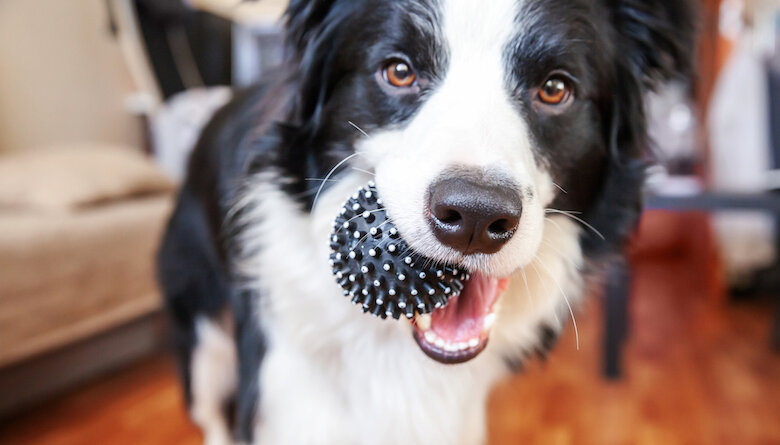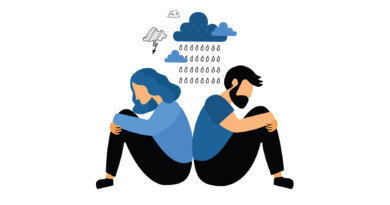What is Resource Guarding and What Should You Do About It?
Has your dog ever had a bone or something that didn’t belong to him and when you go to take it away, he tries to keep it, growls, or even snaps? This frustrating and even frightening behavior is known as resource guarding. It’s natural for dogs to want to keep things. Some dogs will guard toys or food from their guardians, while others are inclined to guard high-value items like toys, food, beds or even their guardians from other dogs or pets in the home.
What is resource guarding
Dr. Laurie Bergman, a board-certified veterinary behaviorist with NorthStar Vets, advises that “given the right set of circumstances, any dog can guard resources. Typically, this happens with a very high value — delicious, special — food item.”
Although it is widely understood that old-school ideas about “dominance” and “alpha” have no place in dog training, many people still have the misconception that a dog who is resource guarding is trying to assert dominance. In reality, as Dr. Bergman explains that dogs are “more inclined to guard things if they are nervous about their interactions with people or other pets (dogs and cats).”
Essentially, dogs resource guard because they want to keep whatever desirable thing they have, which makes sense!
Related: Dealing with Food Aggression in Dogs

Photo: alexei_tm/ Getty Images
How to recognizing resource guarding behavior
Resource guarding occurs on a scale of seriousness from warnings to bites of various levels of intensity. Here are a few signs of resource guarding:
- Hunching down over an item or picking it up and moving if someone approaches or interacts with (even talks to) the dog
- Looking anxious (eyes darting around, ears back, tail down, furrowed brown)
- A low growl plus or minus lip lift
- A louder growl
- An air snap or inhibited bite (makes contact but no injuries)
- A bite
- Multiple bites
Not all dogs will show every step of escalation, for example, in some extreme cases a dog could go directly from a look to a bite. Most importantly, although it may feel counterintuitive, “you never want to punish the growl or behavior your dog displays with the dog or person. It’s your warning sign,” advises Khara Schuetzner, MA, CPDT-KSA, CNWI, Chair of The Association of Professional Dog Trainers (APDT).
How to manage resource guarding
For dogs that are serious resource guarders, there is no quick fix. Managing your dog’s environment to prevent situations that will inspire guarding is important. “Treatment for anxiety, especially if the anxiety results in aggression, ALWAYS starts with avoidance. If you prevent the dog from getting in the problem situations, you do three things: First, you keep everyone safe. Second, you set up the dog to be able to start learning new responses.Finally, if you keep your dog from getting anxious and aggressive you lower your own stress. This makes everything a bit easier,” advises Dr. Bergman.
Related: What to Do If Your Dog Won’t Share His Toys
Getting help
Although resource guarding comes naturally to some dogs, if your dog suddenly begins resource guarding it can be a sign of an underlying health condition. Anytime your adult dog shows a behavior change it’s a good time to schedule an appointment with your veterinarian.
Similarly, If you have tried prevention strategies and your dog isn’t showing improvement or is guarding things not in his possession (like food on a counter or an area of the house where food and treats are kept) or is guarding randomly and out of scale things like a paper towel or piece of paper, Dr. Bergman says seek support from a veterinary behaviorist. She notes that for dogs with significant anxieties that accompany the resource guarding medication that lowers anxiety can be a helpful component of a larger comprehensive behavioral treatment plan, which will involve management and behavior modification training.
Top photograph: Iuliia Zavalishina/ Getty Images
Read Next: Teach your dog to Make A Wish



